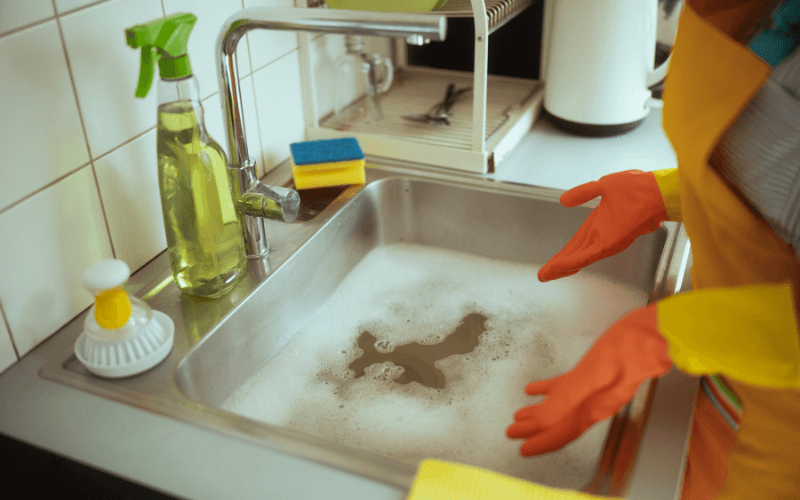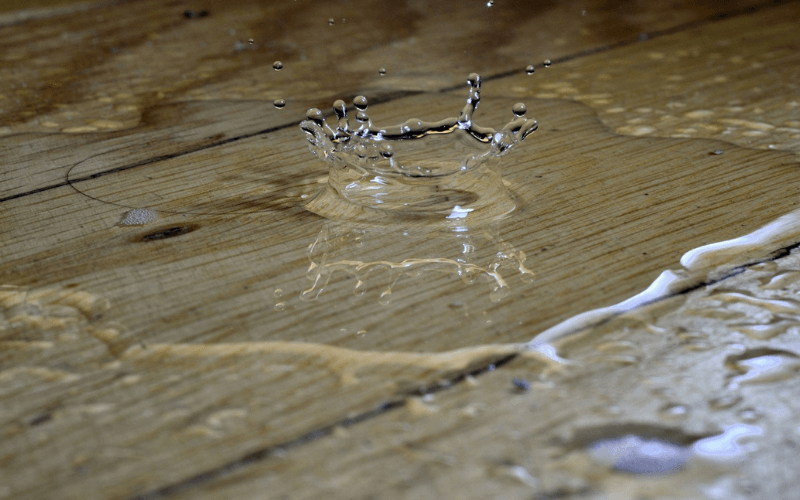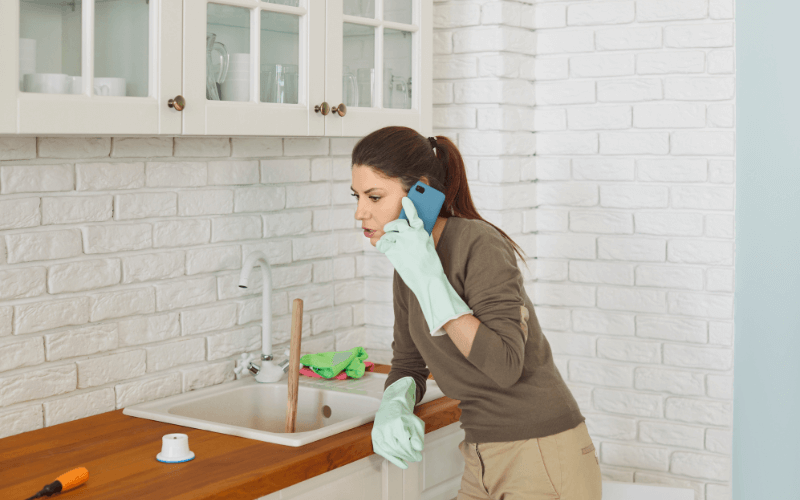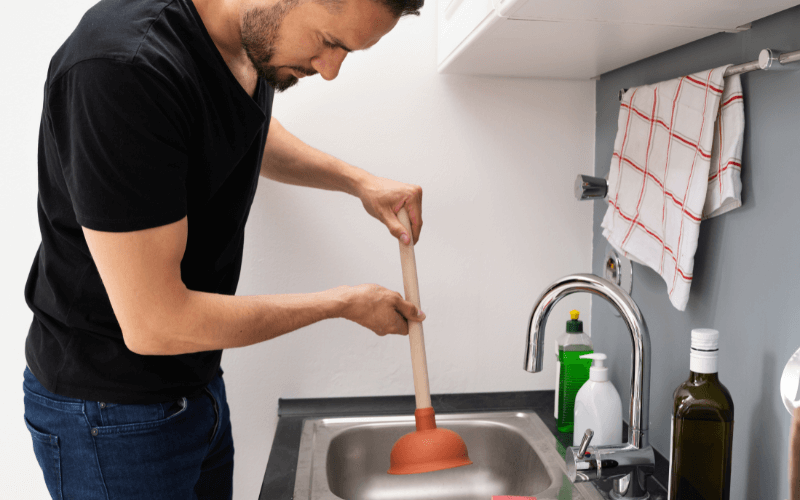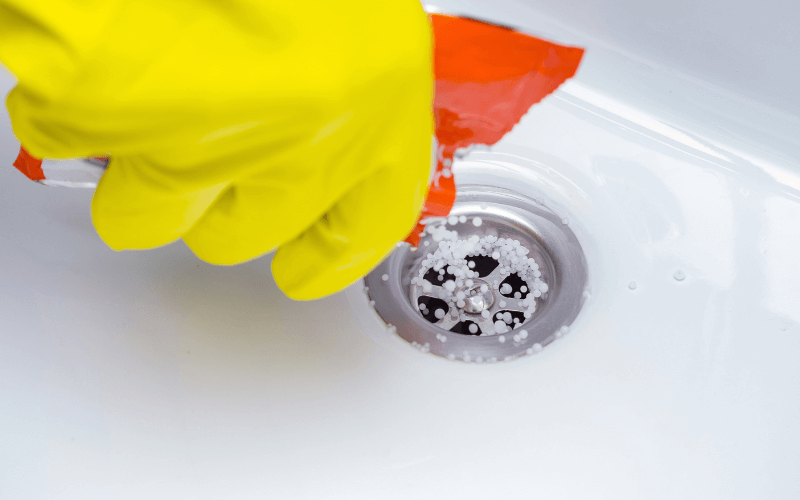Since wet wipes were invented in the late 1950s, these convenient, single-use cloths have become incredibly popular. Some of the most common types of wet wipe are toilet paper alternatives that offer more thorough cleansing. So it’s perhaps not surprising that an enormous number of used wipes end up being flushed away – up to 2.9 billion of them every year in the UK, according to the Department for Environment, Food & Rural Affairs (DEFRA).
But as the Mega-Rod Bath drain unblocking team will tell you, wet wipes frequently play havoc with drainage systems. So is it ever safe to flush them down your toilet, and what might happen to your drains if you do?
Most toilet paper is made of wood pulp, which is also found in some wet wipes, but that’s where the similarities between these products end. Wet wipes are non-woven fabric sheets, and about 90% of them contain plastic. This means they’re more durable than toilet paper but unfortunately can be bad news for drains.
Whereas toilet paper disintegrates rapidly in fast-flowing wastewater, most wet wipes don’t break down easily at all because they’re so fibrous, absorbent and strong. That’s why we’d caution everyone against flushing wipes down the toilet. Indeed, you’ll probably be shocked by how much harm they can do to your drainage system.
Because wet wipes are likely to still be intact when they reach your drains, they can easily clog the pipework. Domestic drains are often only four inches wide, so it doesn’t take many wipes to form a blockage that stops wastewater flowing away from your property and leads to unpleasant backups. In fact, flushed wet wipes are one of the major causes of blocked drains. When providing our trusted drain unblocking service in Bath and elsewhere, we often find wipes are to blame for our customers’ drainage issues.
What’s more, wet wipes can absorb and trap any cooking fat, oil or grease that gets poured down the kitchen sink instead of being thrown away then congeals. This leads to more complex, smellier drain obstructions – mini fatbergs that set like concrete and can exert considerable pressure on pipe walls, putting drains at risk of collapse. Fortunately, drain jetting and other techniques enable us to clear even severe blockages – but that still doesn’t mean flushing wet wipes is safe.
If your drains are connected to a septic tank, wet wipes that enter the tank may create significant congestion and prevent the system working properly. Wastewater could then be forced out of the tank and into your drainage field before it’s been processed. If your tank overflows, you’ll need a septic tank emptying service as soon as possible instead of being able to stick to your normal yearly appointment.
Flushed wet wipes threaten drains and septic tanks, but the problems don’t stop there. Wipes that flow from drains to sewers can form/enlarge giant sewer fatbergs, some of which weigh over 100 tonnes.
Water UK, the water industry’s trade body, analysed 54 sewer blockages and found wet wipes accounted for around 93% of the material they contained. Wessex Water, which serves many areas we work in, urges customers not to flush away wipes due to the ‘huge amount of damage’ they cause.
And if sewers overflow, wipes can find their way into watercourses. They pollute the environment, are magnets for contaminants and kill wildlife that ingests the plastic they contain. DEFRA is so concerned that it’s announced plans for a UK-wide ban on wet wipes containing plastic.
Some wet wipes are labelled ‘flushable’. You might therefore assume they must be safe to flush away. However, ‘flushable’ just tends to mean they’ll leave your toilet bowl after one flush and degrade somewhat faster than other wipes. It doesn’t necessarily mean they’re safe for drains, septic tanks, sewers or the environment.
Water UK recently stopped its Fine to Flush certification scheme, which identified the relatively small number of wet wipes that don’t pose a threat, because it realised there’s too much confusion among consumers and too many wipes without the certification are being flushed away and causing problems.
It now emphasises that the safe, responsible way to dispose of wet wipes is to put them in the bin instead.
If flushed wet wipes are interfering with your property’s drainage system, you can rely on our Bath drains experts to get your wastewater flowing again.
For a fast, reliable drain unblocking service, call Mega-Rod today on 01225 422980.
